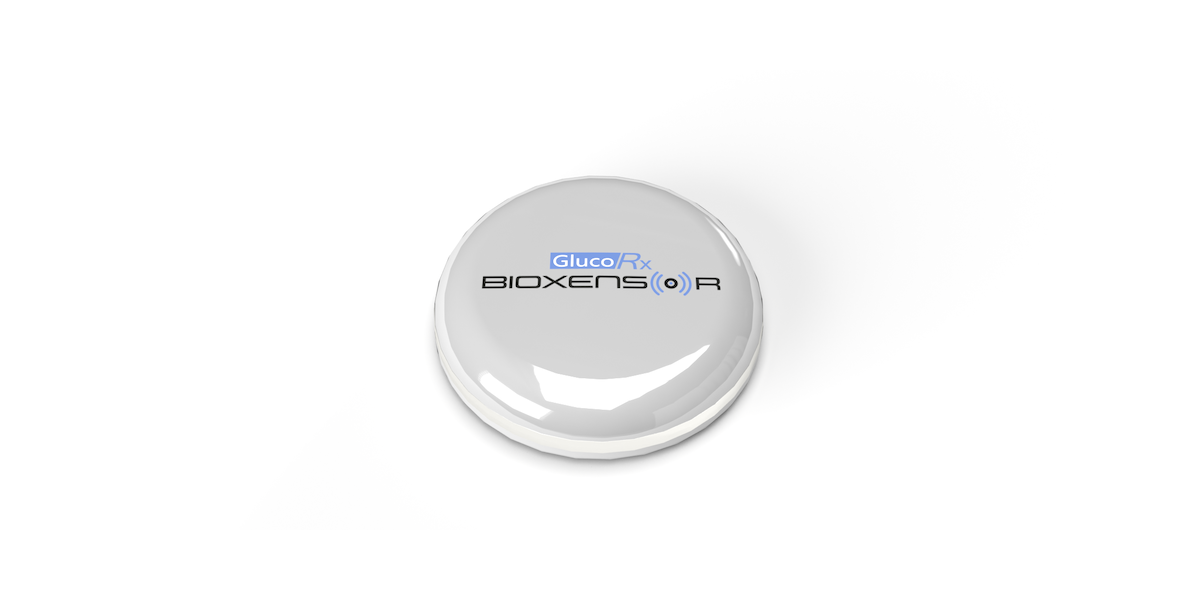New research has revealed why people enjoy a cup of coffee with their first cigarette of the day, which could pave the way for future studies of nicotine withdrawal.
A team from the University of Florida identified two chemical compounds in coffee beans that affect the brain’s nicotine receptors, which, following sleep-induced nicotine withdrawal, can be super sensitive.
- High blood pressure, smoking and eating a high-fat diet heightens risk of dementia, new study identifies
- Omega-3 boosts life expectancy as much as quitting smoking, study finds
Professor Roger L. Papke, a pharmacology professor, said: “Many people look for coffee in the morning because of the caffeine. But was the coffee doing anything else to smokers? We wanted to know if there were other things in coffee that were affecting the brain’s nicotine receptors.”
Discovering that people who smoke may get a different type of boost from their morning coffee furthers the understanding of the relationship between caffeine and smoking and how it affects the brain’s nicotine receptors.
Professor Papke: “Many people like caffeine in the morning but there are other molecules in coffee that may explain why cigarette smokers want their coffee.”
The team’s cell-based study found that an organic compound in coffee could improve the nicotine receptor dysfunction that causes nicotine cravings. It led them to suggest the theory that the compound could help to suppress nicotine cravings experienced in the morning.
The study has been published in Neuropharmacology.




